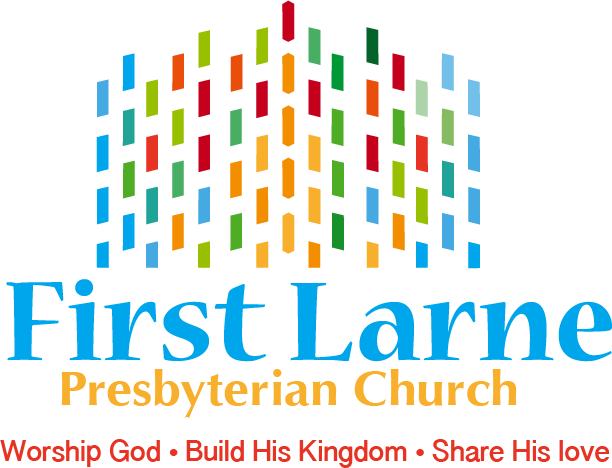Open for Business: Thinking about Hospitality

OPEN FOR BUSINESS!
The hospitality industry is back! As it was contributing millions of jobs, billions in revenue, and immeasurable wellbeing to national life before the pandemic, there is every reason to raise a glass. We may already have done so when pub gardens opened. But the unseasonable weather has kept many people away – another hit for an industry already on its knees. Now at last drinkers and diners can come in from the cold.
The return of a lost industry provides an opportunity to celebrate its positive role. Even its name suggests its social value. When we use term hospitality, we generally mean having people we know round to our homes – family, friends, and neighbours. But the Greek word for hospitality, philoxenia, sometimes used in English, means ‘love for strangers’ – the antithesis of the related word xenophobia. Inns being scarce in the ancient world, biblical hospitality is generally about welcoming strangers. The paradigmatic story is Abraham and Sarah, who in providing hospitality to strangers, unknowingly entertained angels (Hebrews 13:2).
Hotels, restaurants, and pubs offer this kind of hospitality; most patrons are unknown to their hosts. The fact that such institutions take money in exchange for their hospitality does not devalue their public role. That role is, indeed, embodied in the very word pub, meaning ‘public house’. Pubs are living rooms to their neighbourhoods. Those that excel in creating such space are generally driven not only by profit but by philoxenia.
Exercising hospitality to strangers without material reward demands, of course, greater generosity. Yet this is exactly what is meant, not only by the injunction to ‘extend hospitality to strangers’ (Romans 12:13), but by Jesus’ parable of the good Samaritan. While the philoxenia of the innkeeper is remunerated, that of the Samaritan bites his wallet.
But the demands of such hospitality are acknowledged by the suggestion that we should practice it ‘without grumbling’ (1 Peter 4:9), and that only those who demonstrate it should become church leaders (Titus 1:8; 1 Timothy 3:2). Christians throughout the centuries have nevertheless risen to the demands, as witnessed by the rise of hospitals and hospices.
While the hospitality industry needs to be profitable – urgently so post-pandemic – it models for us a love for strangers that promotes healthy societies. This will give meaning to our ‘cheers’, should we raise that glass in public spaces, not only to unknown patrons frequenting
Peter S Heslam
Peter is director of Faith in Business, Cambridge.


